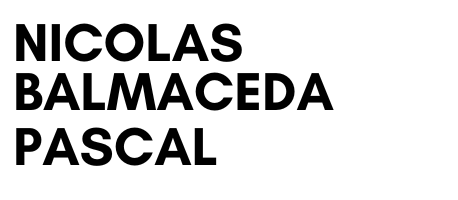Student loans are a big deal, and they can be intimidating. The good news is that with the right information, you can make it through this process (and get your degree) with as little hassle as possible. Like many things in life, there’s something to be said about knowing what you’re getting into beforehand. So scroll down to learn about average private student loan interest rates and how to manage them.
Private Loans are less flexible
Unlike federal loans, private student loans do not have any flexible repayment options. Therefore, you will have to repay your loan according to the terms and conditions of your lender.
The average interest rate on a private student loan is also higher than that of a federal loan. If you plan to take out a private loan, look for lenders offering lower interest rates than others in the market.
Private loans have no grace period.
In contrast, federal student loans typically have a six-month grace period. This means that if you don’t make any payments on your loan for six months after it’s due, the government will not charge you interest during that time. However, private lenders do not offer a grace period, so if you don’t make payments on time and continue to borrow from them after graduation, your interest will accrue (accumulate).
Private loans have higher interest rates than Federal loans.
Private loans may be more expensive than federal loans, but they also have a lot of benefits. For example, private lenders are not the government, so they have to make money somehow. To do this, they often charge higher interest rates on their loans—but remember that you will still receive tax breaks on your Federal Direct Loan payments if you consolidate them into one loan with a private lender!
In addition to getting your loans all in one place, consolidating also allows you to choose which terms are best for your situation: fixed or variable interest rates. A more extended repayment period or a shorter one? You can even decide whether to pay off the entire balance immediately or repay it gradually over time by adding extra monthly payments through an auto-pay feature.
According to Lantern by SoFi experts, “The interest on student loans has declined substantially in the last few years. The interest rate among all federal student loans declined 30.17% between the 2019-2020 and 2020-2021 academic years.”
Student loan consolidations don’t work with private loans.
If you’re hoping to consolidate your private student loans, the good news is that it’s possible. The bad news is that it’s not straightforward.
To be eligible for student loan consolidation, your loans must be federally funded. Private student loans are not federally funded, so they’re ineligible for this type of loan consolidation.
Private Student Loans are a good option for students who want to pay their tuition more flexibly, but they’re not without their drawbacks. They tend to have higher interest rates than federal loans and don’t offer many of the same benefits or protections as federal loans do. If you have private loans with high-interest rates or aren’t sure how much debt you can afford after graduation, consider consolidating them before applying for any additional debt through the Federal Direct Loan program.



